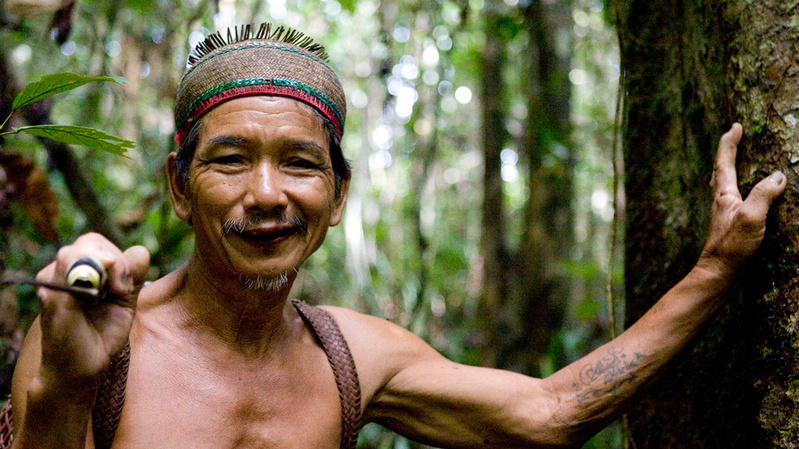INDIGENOUS PEOPLE PRINCIPLES
WWF-Indonesia is a conservation organization that seeks to advance its mission - a world where people and nature thrive - on the fundamental principle that positive outcomes for people and nature depend on strong anchoring and integrating human rights into conservation practices. Respecting the rights of indigenous peoples is central to this approach and is a cross-cutting theme for all its work.
Whilst respecting national laws and the role of the state, this statement of principles applies in the context of all WWF-Indonesia's work. It is part of WWF-Indonesia's core standards, which have been adopted across the WWF Network and are supported by the core values of courage, integrity, respect and collaboration. We have 7 principles for indigenous peoples, namely:
1. Respect the Rights of Indigenous Peoples
WWF-Indonesia respects and promotes the internationally proclaimed rights of indigenous peoples.
2. Respect the Right to Self-Determination
WWF-Indonesia respects the right of indigenous peoples to self-determination and to define and pursue their own social, economic, and cultural development priorities for their well-being and for protection of their territories and resources.
3. Respect Territorial Rights
WWF-Indonesia respects the rights of indigenous peoples over the lands, waters, and resources that they customarily own, occupy or use - and seeks to support them to conserve biodiversity and promote sustainable use of natural resources within the scope of its work.
4. Respect Traditional Studies and Intellectual Property
WWF-Indonesia respects the rights of indigenous peoples to practice, teach, and share their traditional knowledge and practices, cultural heritage and languages.
5. Respect the right to free, Prior, and Informed Consent (FPIC)
WWF-Indonesia respects the right of indigenous peoples to Free Prior and Informed Consent (FPIC) and to make their own decisions over their lands, territories, resources, traditional livelihoods and culture.
6. Respect Indigenous Peoples Living in Isolation or Restricting Initial Contact
WWF-Indonesia seeks to avoid contact or encroachment on the territories of indigenous peoples living in isolation or those in initial contact, in line with their cultural values and practices.
7. Advocate for States to Meet Their Obligations as Duty-bearers
In its work, WWF-Indonesia encourages states to respect, protect and fulfill their obligations regarding the rights of indigenous peoples.
8. Supporting Indigenous Peoples as Rights Holders
WWF-Indonesia seeks to support indigenous peoples to exercise their rights and to hold duty bearers accountable.
9. Support Indigenous Peoples in Partnerships
WWF-Indonesia expects its partners to respect the rights of indigenous peoples and reserves the right to withdraw from partnerships if these expectation is not met.
10. Align Communication and Advocacy
WWF-Indonesia works to incorporate its commitments to the rights of indigenous peoples in its communications and advocacy.
We recognize that full implementation of the indigenous peoples principles will require the engagement and commitment of all staff, especially management and directors who have primary responsibility for implementing this policy. This is a long-term commitment that requires strong internal leadership, systematic monitoring and regular review.

